2 August 2021
Paul Blokhuis
Dutch Secretary of State
Statement for the Sinti and Roma Commemoration on the occasion of 2 August 2021, Holocaust Memorial Day for Sinti and Roma
Dear ladies and gentlemen,
On 19 May 1944, 247 Sinti and Roma were sent from the Westerbork transit camp to the Auschwitz-Birkenau extermination camp. They were packed together for 3 days in locked, hot freight cars with no windows, no food and hardly anything to drink.
Mädie Franz, aged 16, was one of them. She and 9 family members had been snatched from their caravan in a big raid by the police of Beek, a village in the southern Netherlands.
Mädie survived the camp. She was one of the few who did. Of the 247 Sinti and Roma from Westerbork, 215 were killed. Including most of Mädie’s family.
After she returned to the Netherlands, Mädie didn’t talk about the war. The horrors of the camps – she couldn’t deal with them. She never complained. As for the dead, she thought it better to leave them in peace. She chose silence.
As Mädie grew older, she opened up to the past bit by bit. She understood that the story had to be told. The memories – however painful – had to be kept alive. For new generations of Sinti and Roma. And for everyone else.
Today, on European Roma Holocaust Memorial Day, we mark the Porajmos, the genocide of Sinti and Roma during the Second World War.
For too many years, this day was not marked. For too many years, Sinti and Roma people had to wait for recognition of what had been done to them. For too many years, our history books did not mention them. There were hardly any memorials. No one listened to their stories.
This has contributed to the disadvantaged position that many Sinti and Roma still occupy in Europe today. They feel excluded and discriminated against because of who they are.
In the Netherlands, too, Sinti and Roma who survived the war faced a very cold reception from society when they returned.
Fortunately, this history is now being recognised. Together, we are remembering the past and looking towards the future. Together with the splendid, unique people who make up the Roma and Sinti community.
Stories help us understand history and the people who were robbed of their freedom. Stories make clear what can happen when lawlessness, indifference, hatred and intolerance prevail.
That’s why it’s vital that we keep telling Mädie’s story, and the stories of all the other Sinti and Roma. That’s why I’m telling this story again – a story that still haunts me. So that we never forget them.
Statements 2021
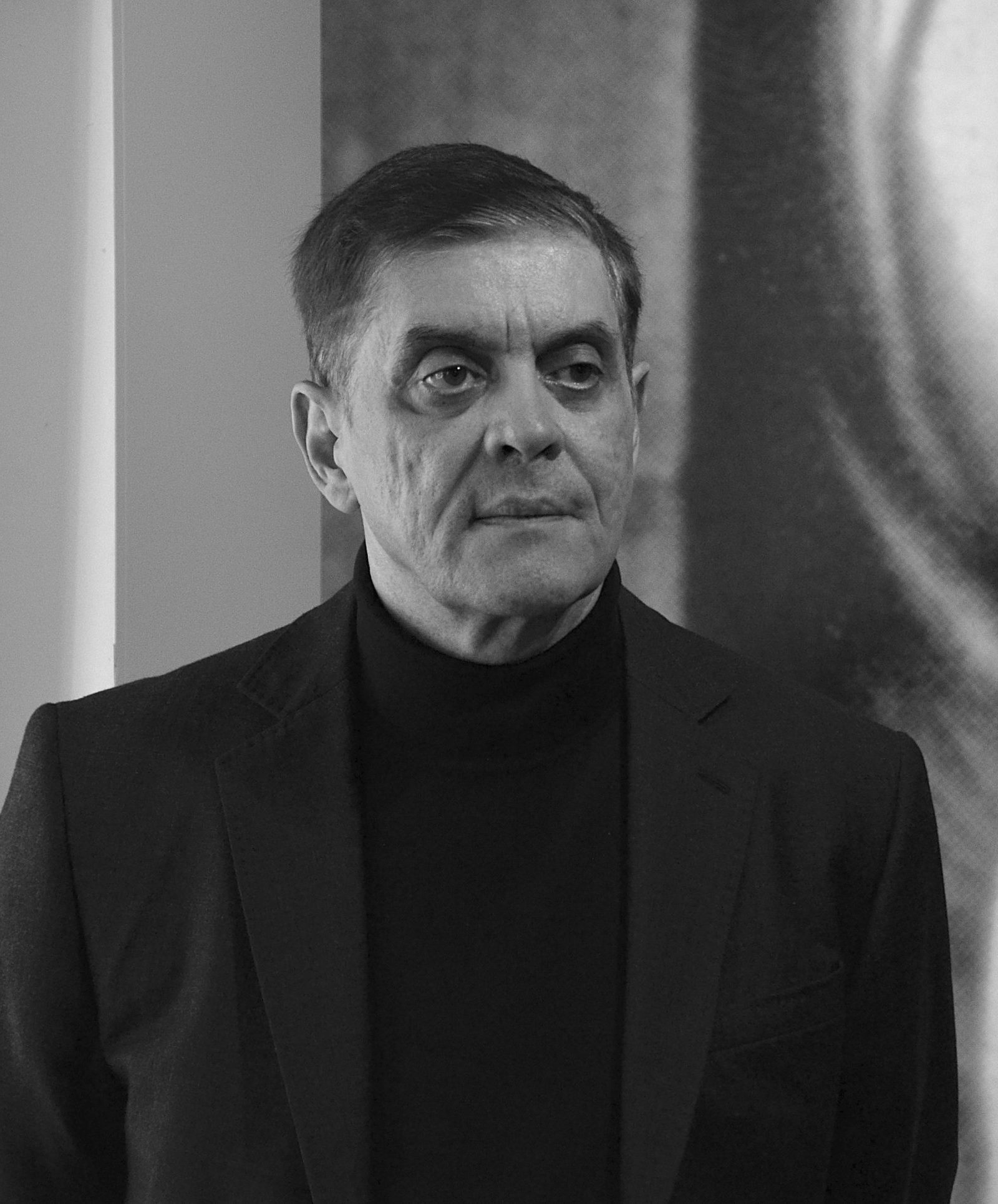
Romani Rose
Chairman of the Central Council of German Sinti and Roma

Katarina Barley
Vice President of the European Parliament

Helena Dalli
European Commissioner for Equality
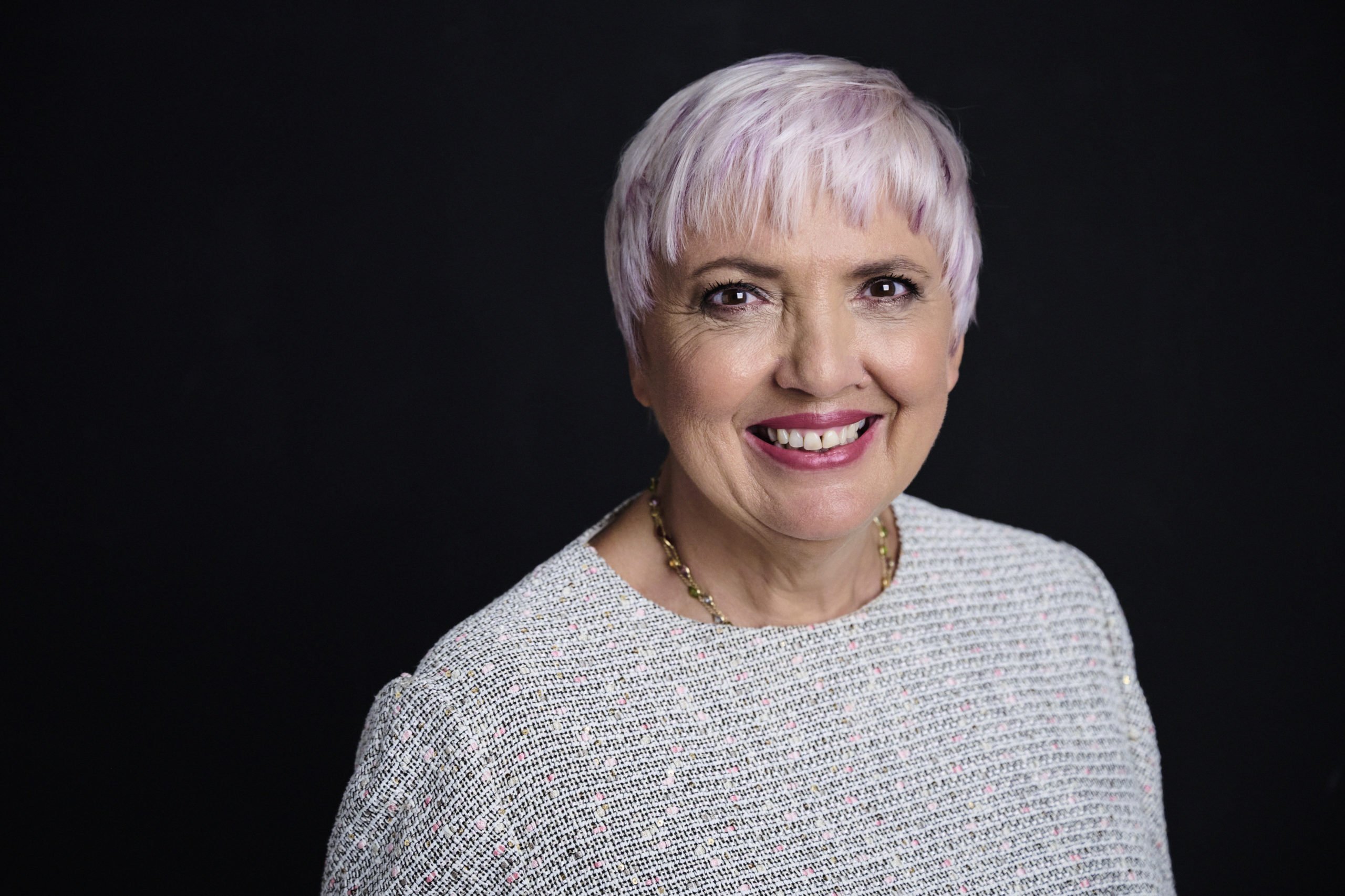
Claudia Roth
Vice President of the German Bundestag
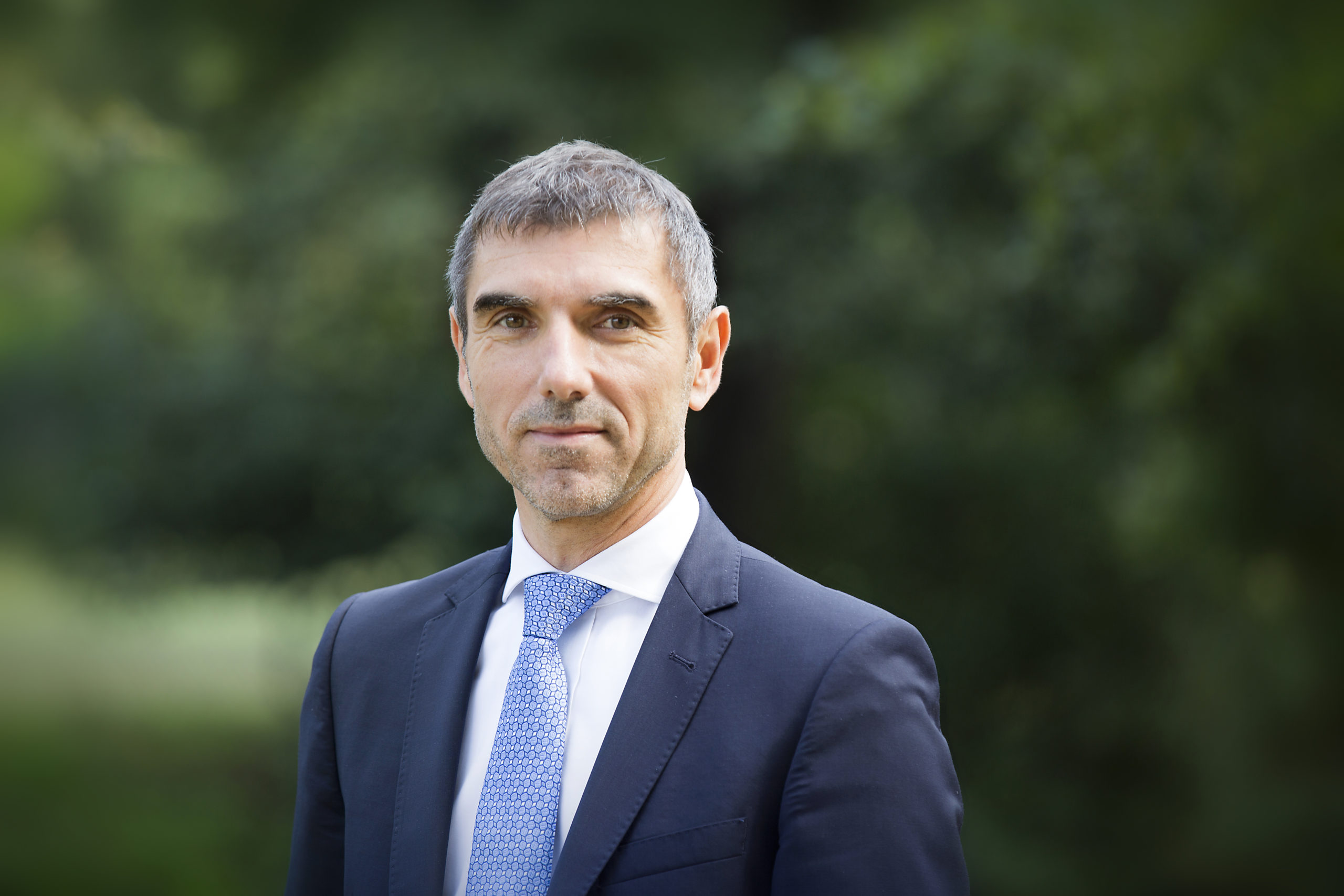
Paul Blokhuis
Dutch State Secretary Paul Blokhuis
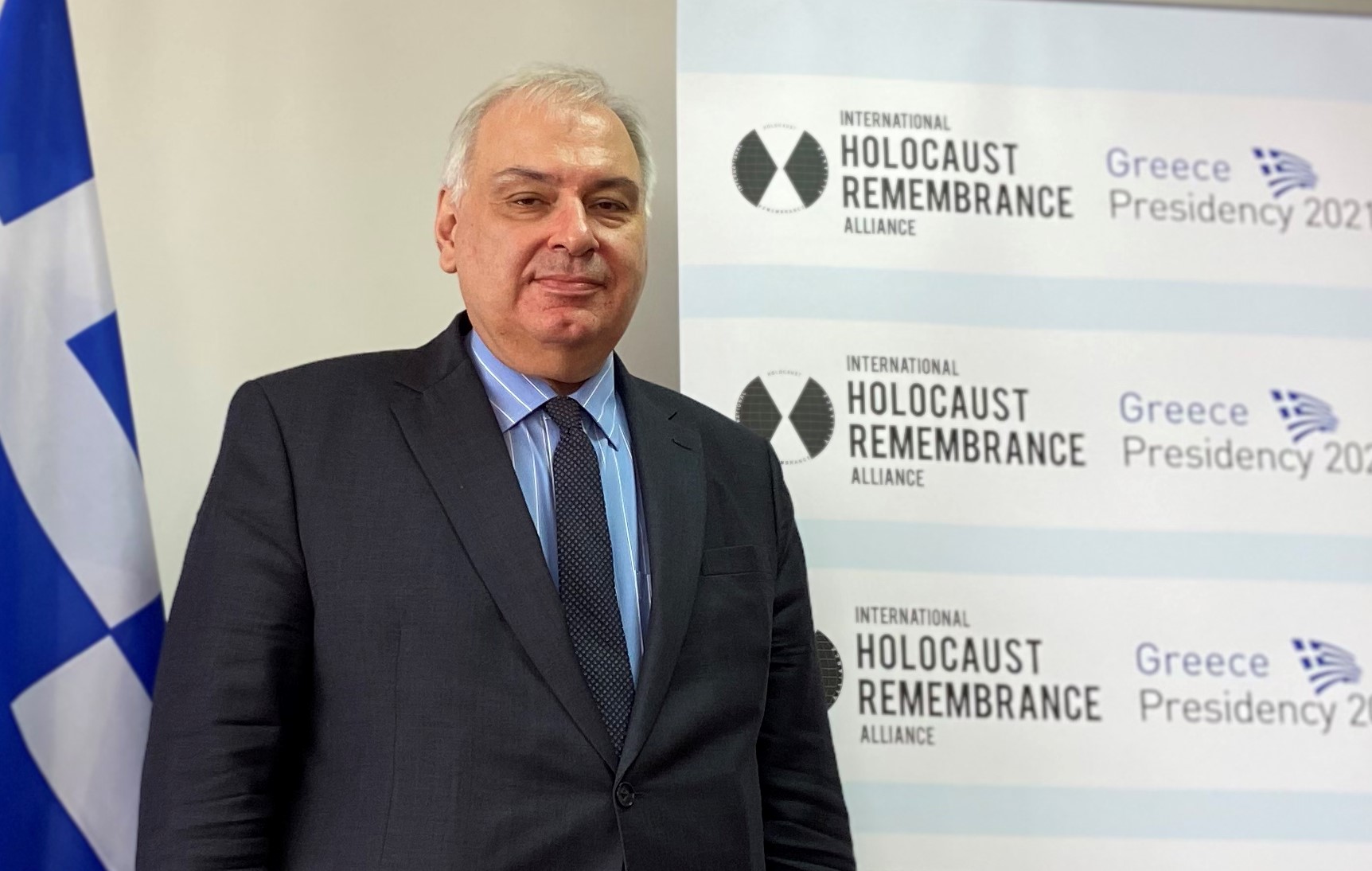
Chris J. Lazaris
Amb. Chris J. Lazaris, IHRA Chairman
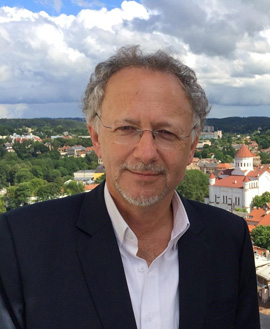
Fernand des Varennes
UN Special Rapporteur UN minorities
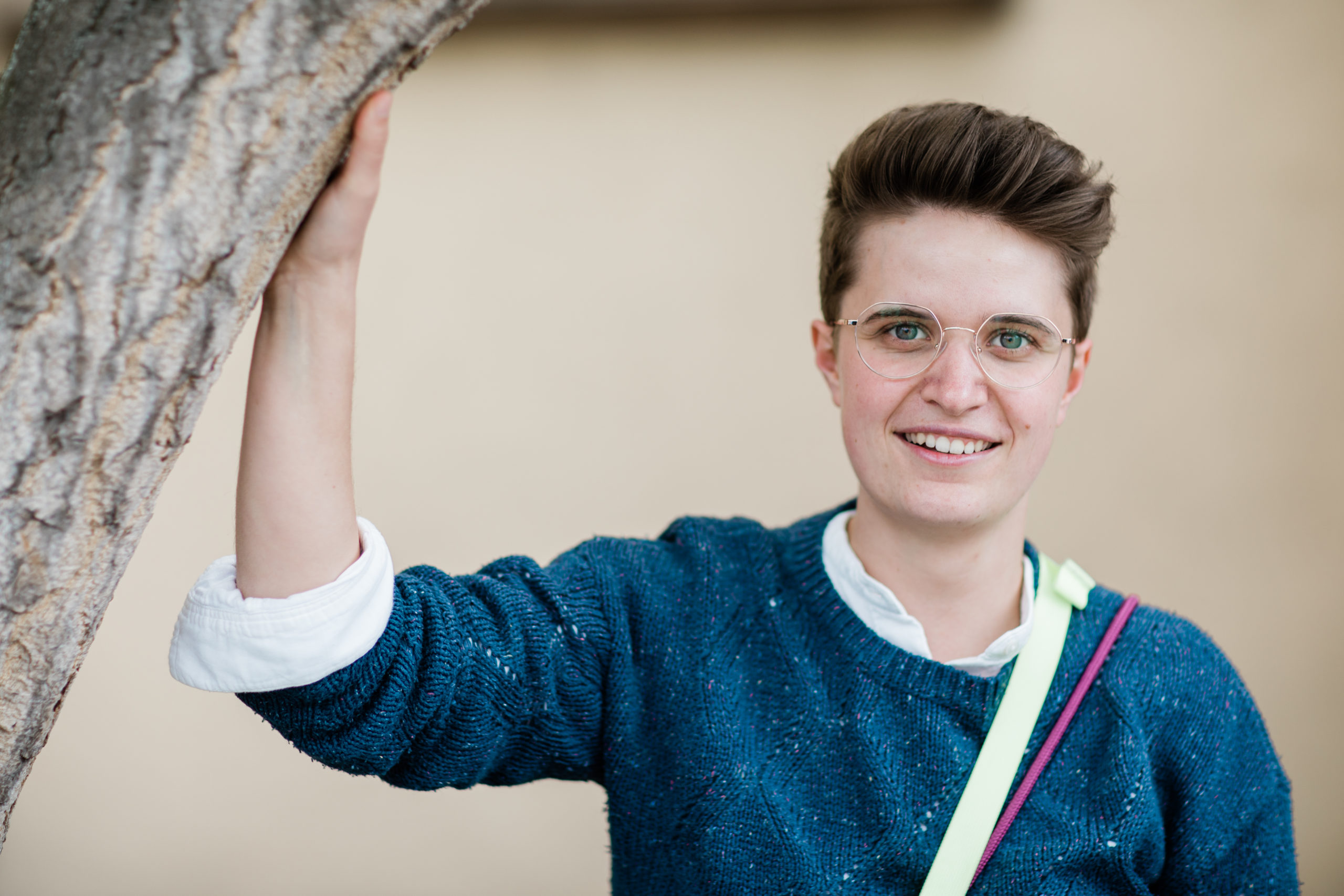
Anna-Nicole Heinrich
President of the Synod of the Evangelical Church in Germany (EKD)

Justin Trudeau
Prime Minister of Canada
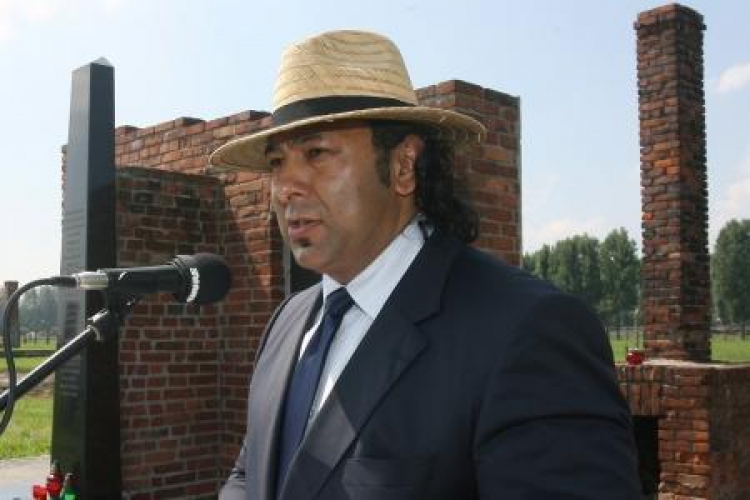
Roman Kwiatkowski
Chairman of the Association of Roma in Poland
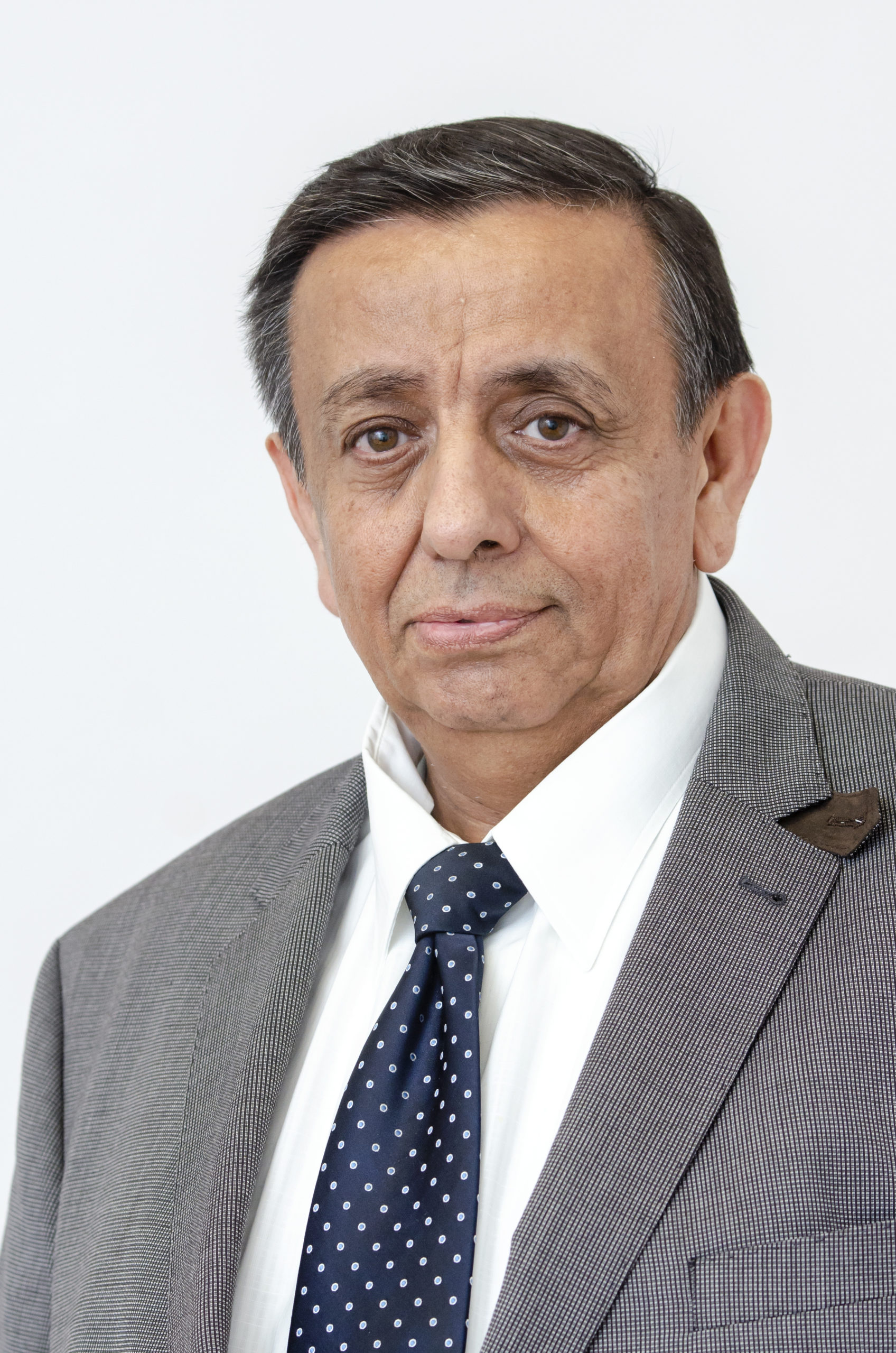
Erich Schneeberger
Deputy Chairman of the Documentation and Cultural Center of German Sinti and Roma and Chairman of the Association of German Sinti and Roma

Timea Junghaus
Executive Director
European Roma Institute for Arts and Culture (ERIAC)
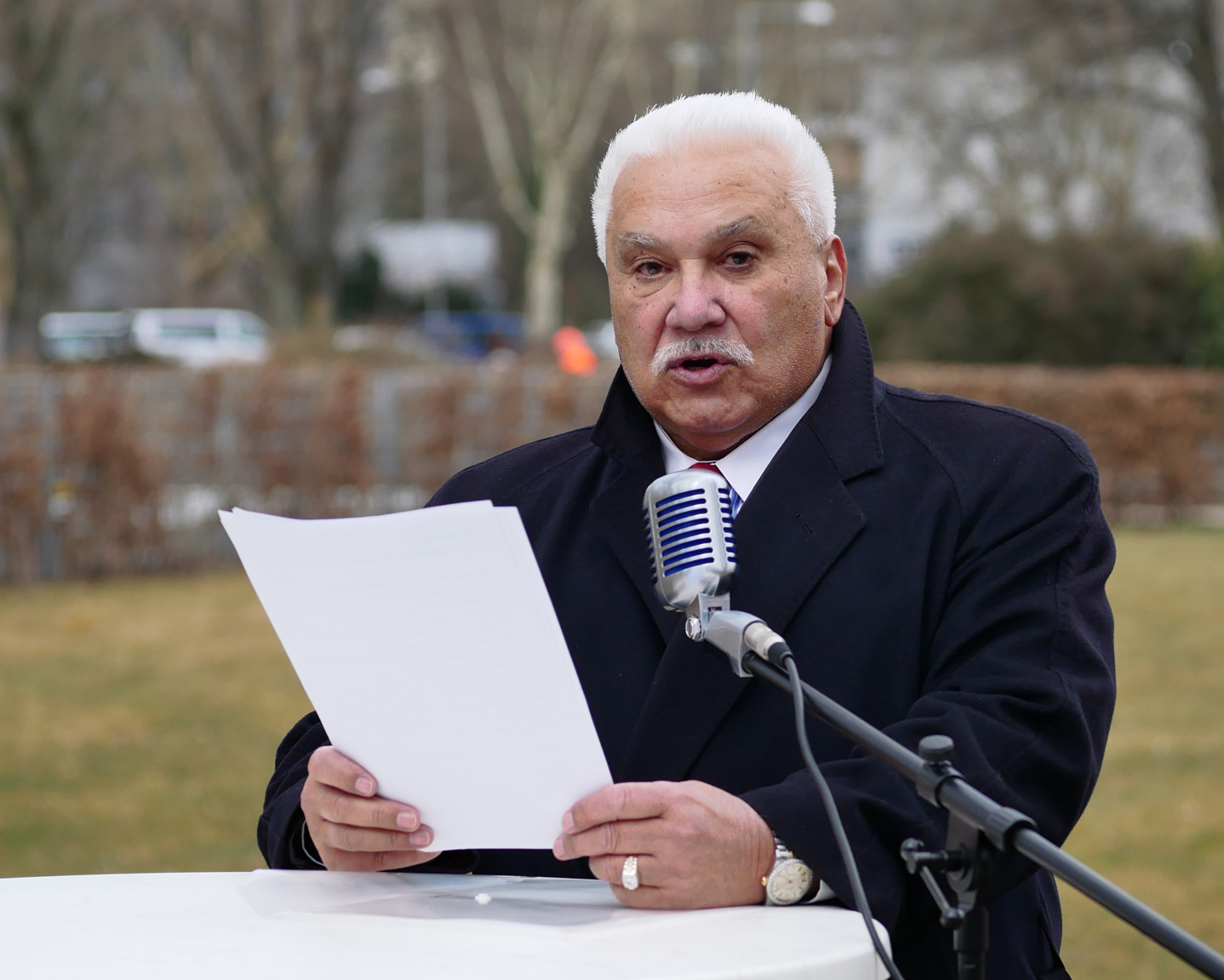
Adam Strauß
Chairman of the Council of German Sinti and Roma in Hesse
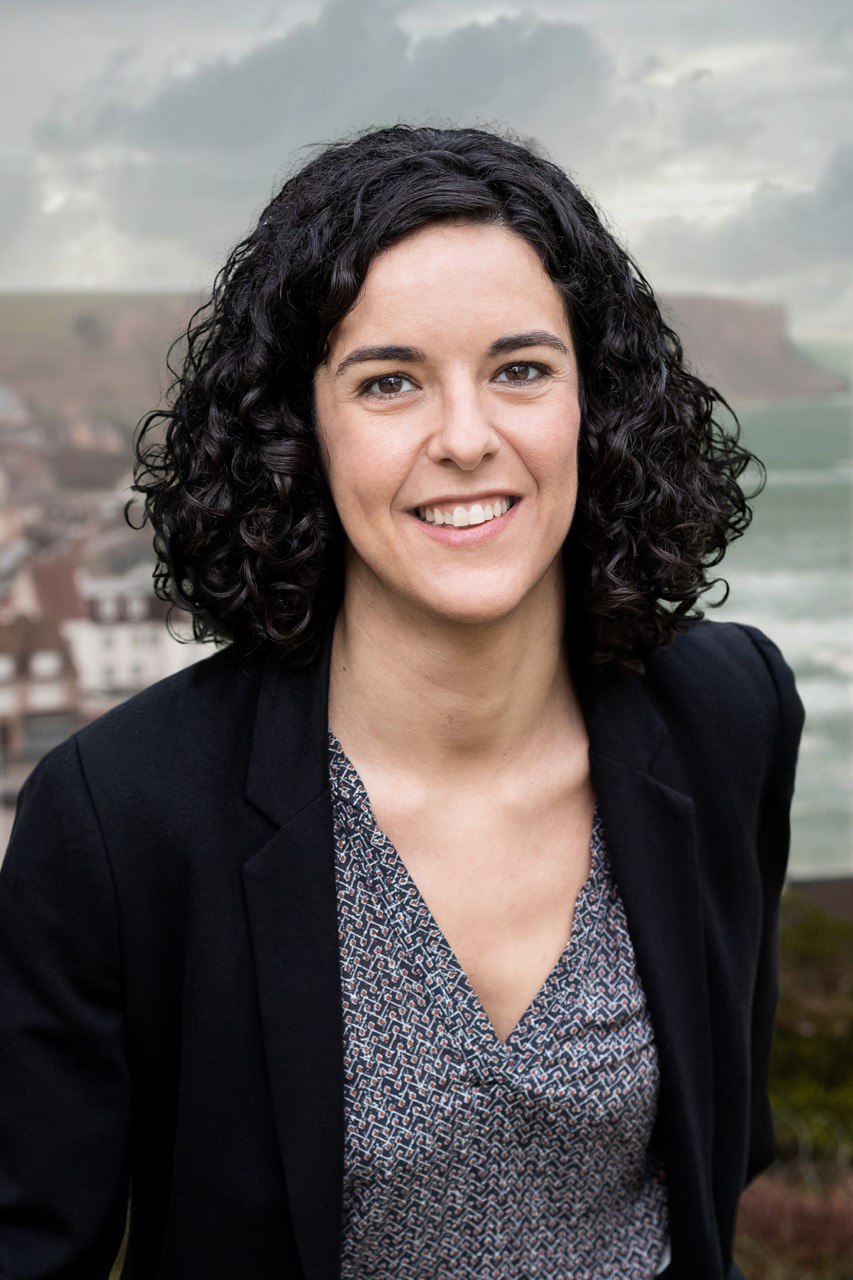
Manon Aubry
Manon Aubry, MEP
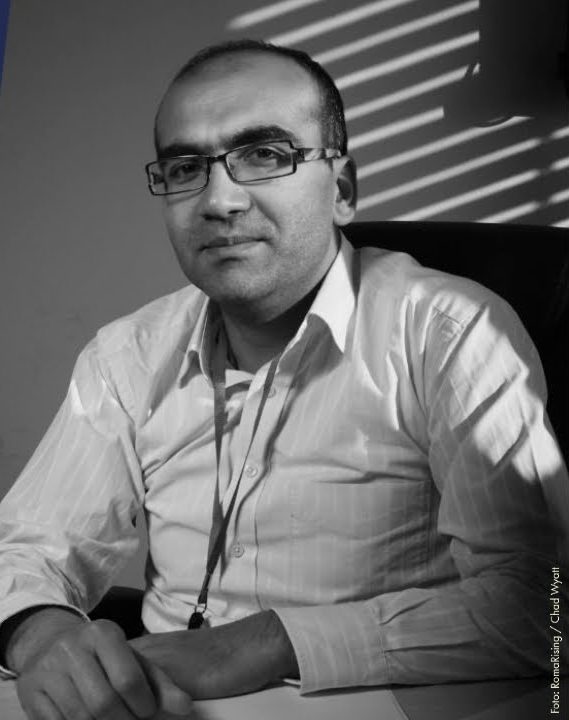
Adrian-Nicolae Furtuna
Historian at the University of Bucharest
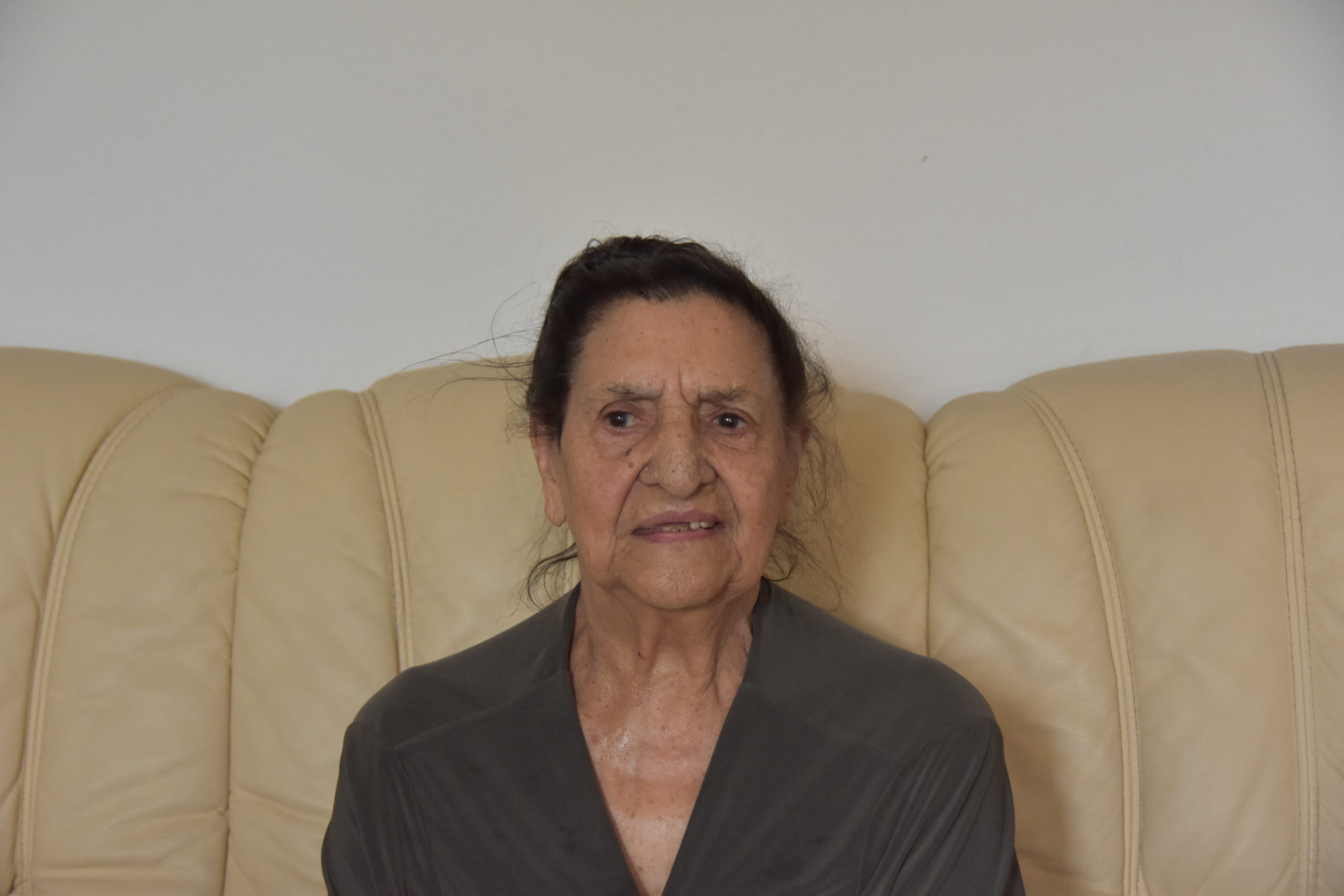
Philomena Franz
Holocaust Survivor

Angelina Kappler
German former Weinkönigin
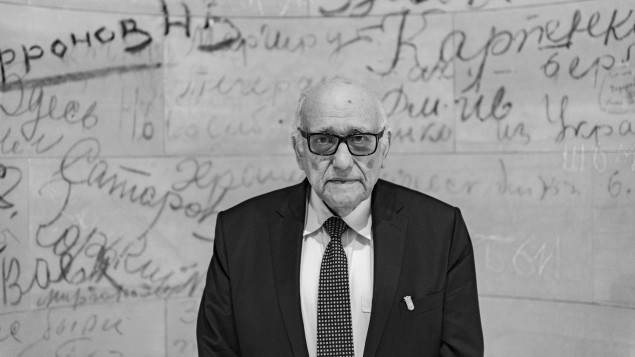
Marian Kalwary
Chairman of the Association of Jews,
Survivors and Victims of the Second World War

Piotr Gliński
First Deputy Prime Minister and the Minister of Culture and National Heritage of Poland
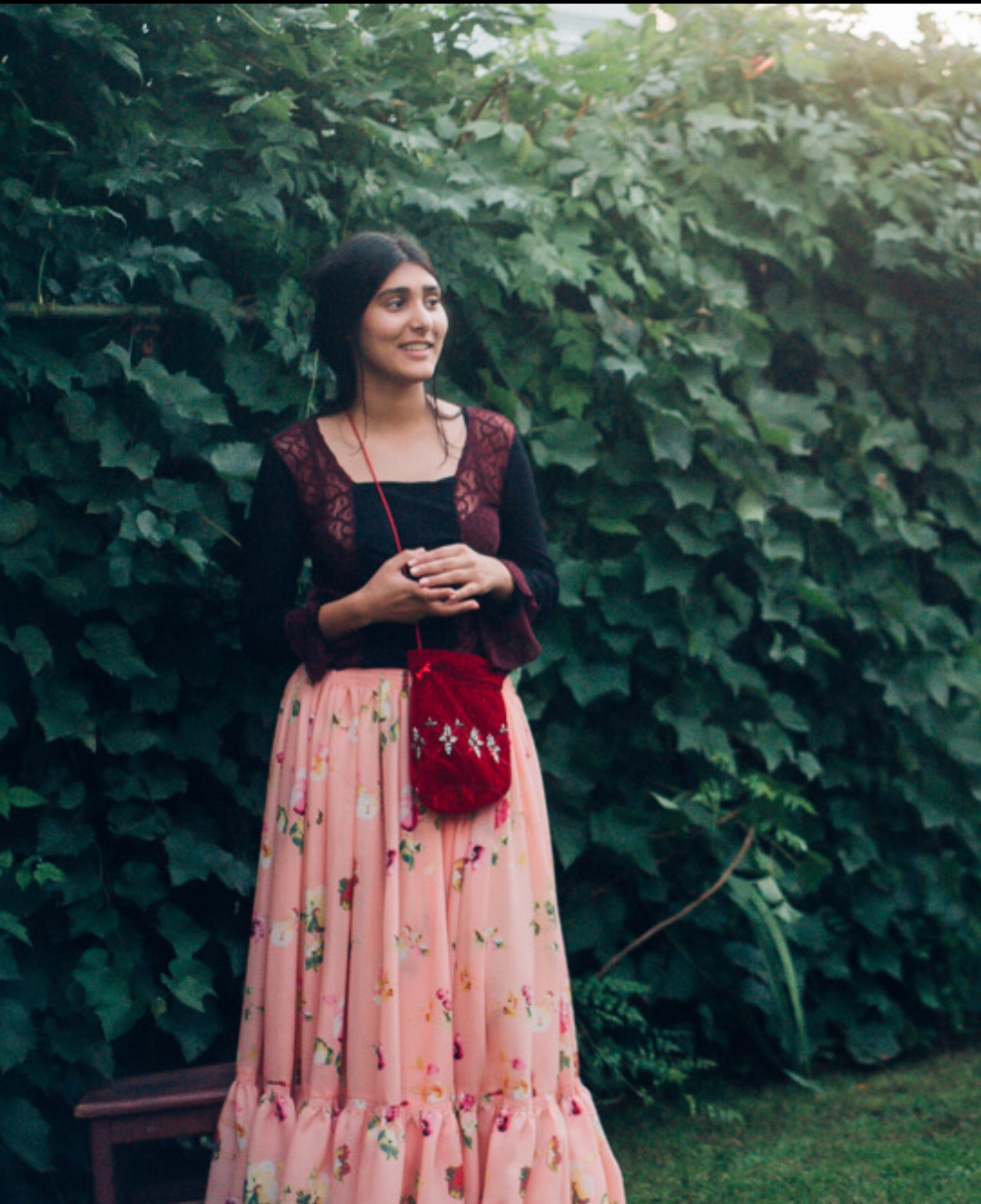
Izabela Tiberiade
Young Activist from Sweden
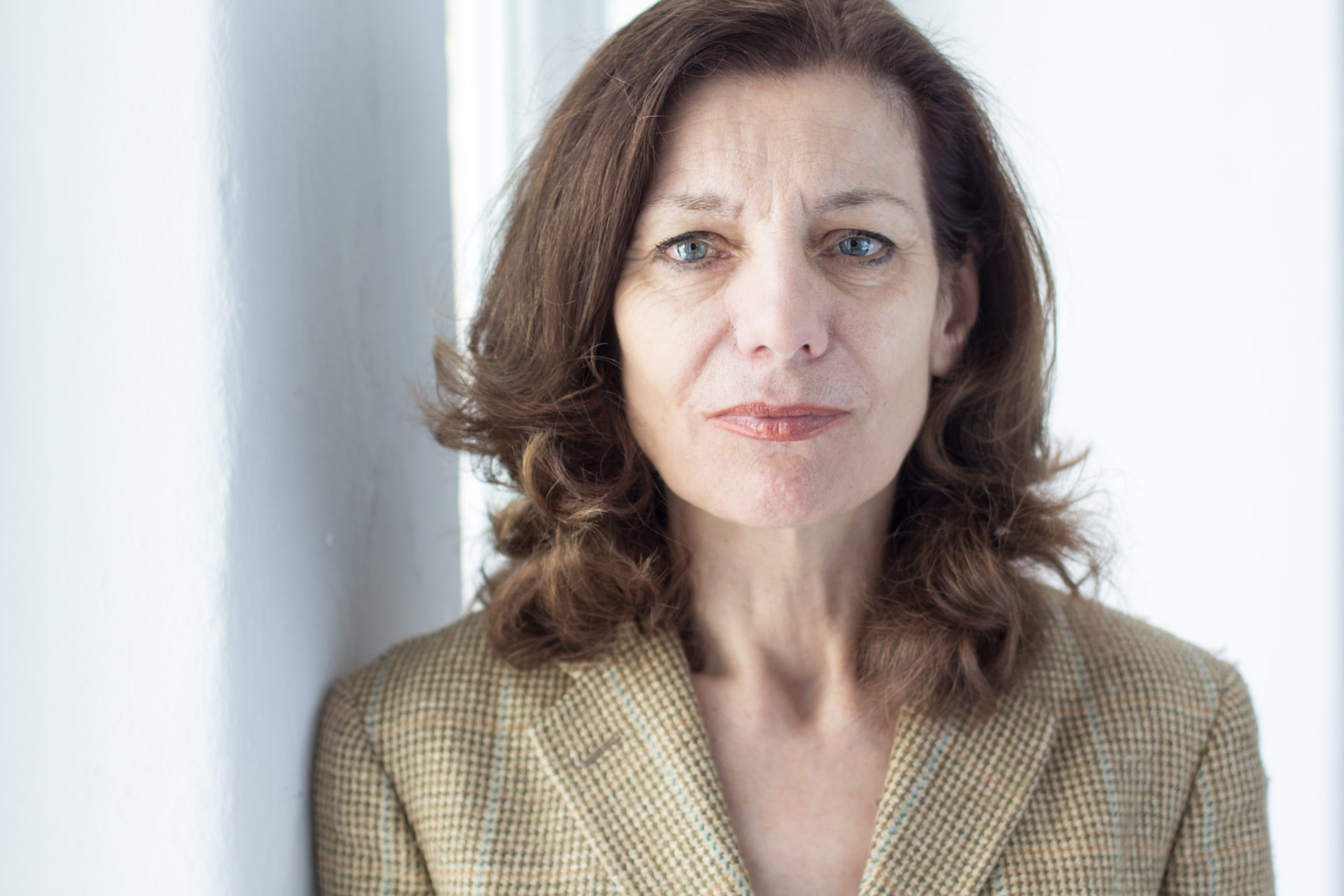
Ursula Krechel
Writer
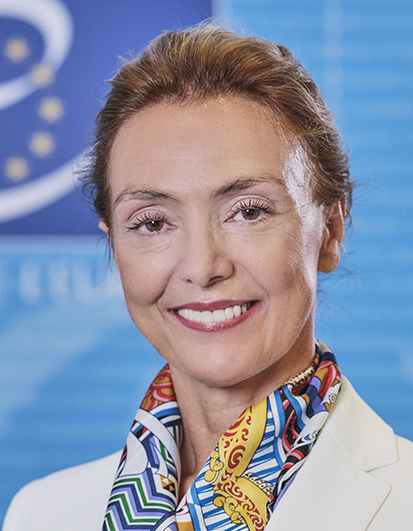
Marija Pejčinović Burić
Secretary-General of the Council of Europe
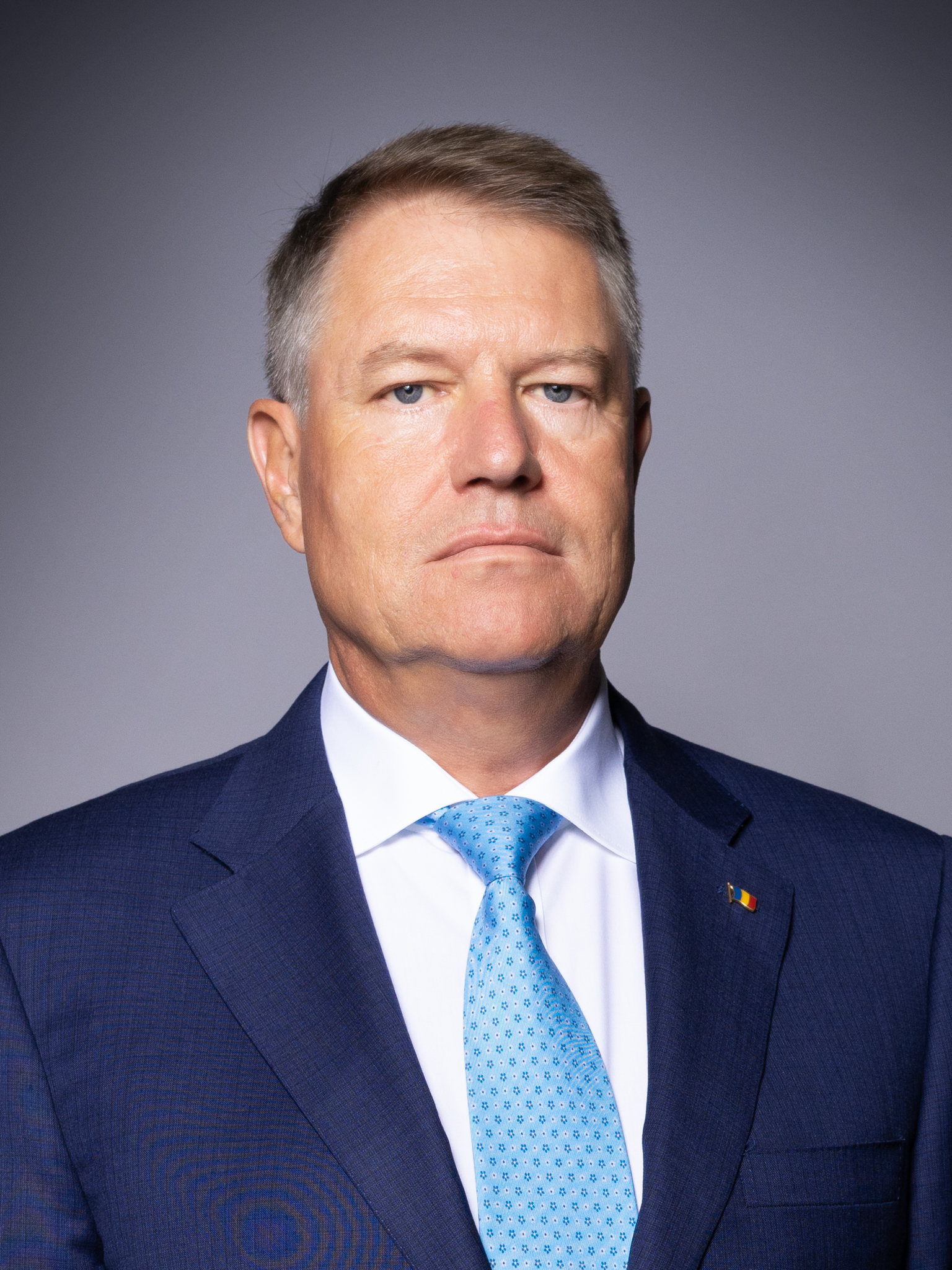
Klaus Iohannis
President of Romania










